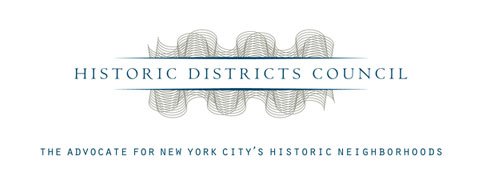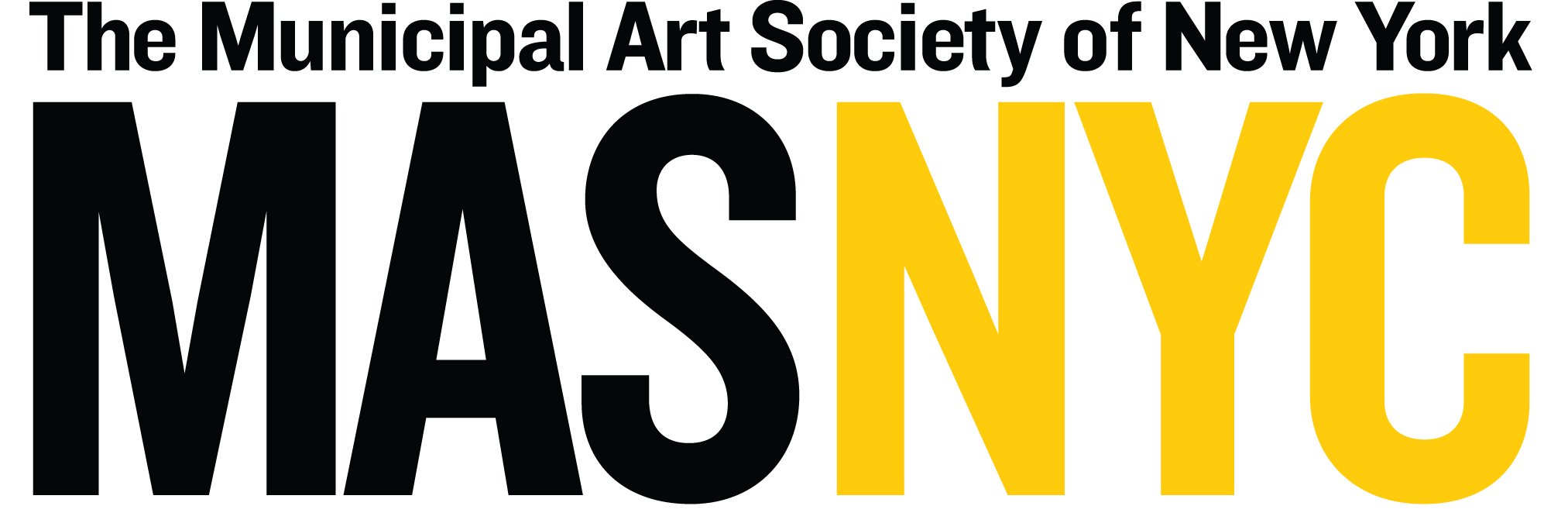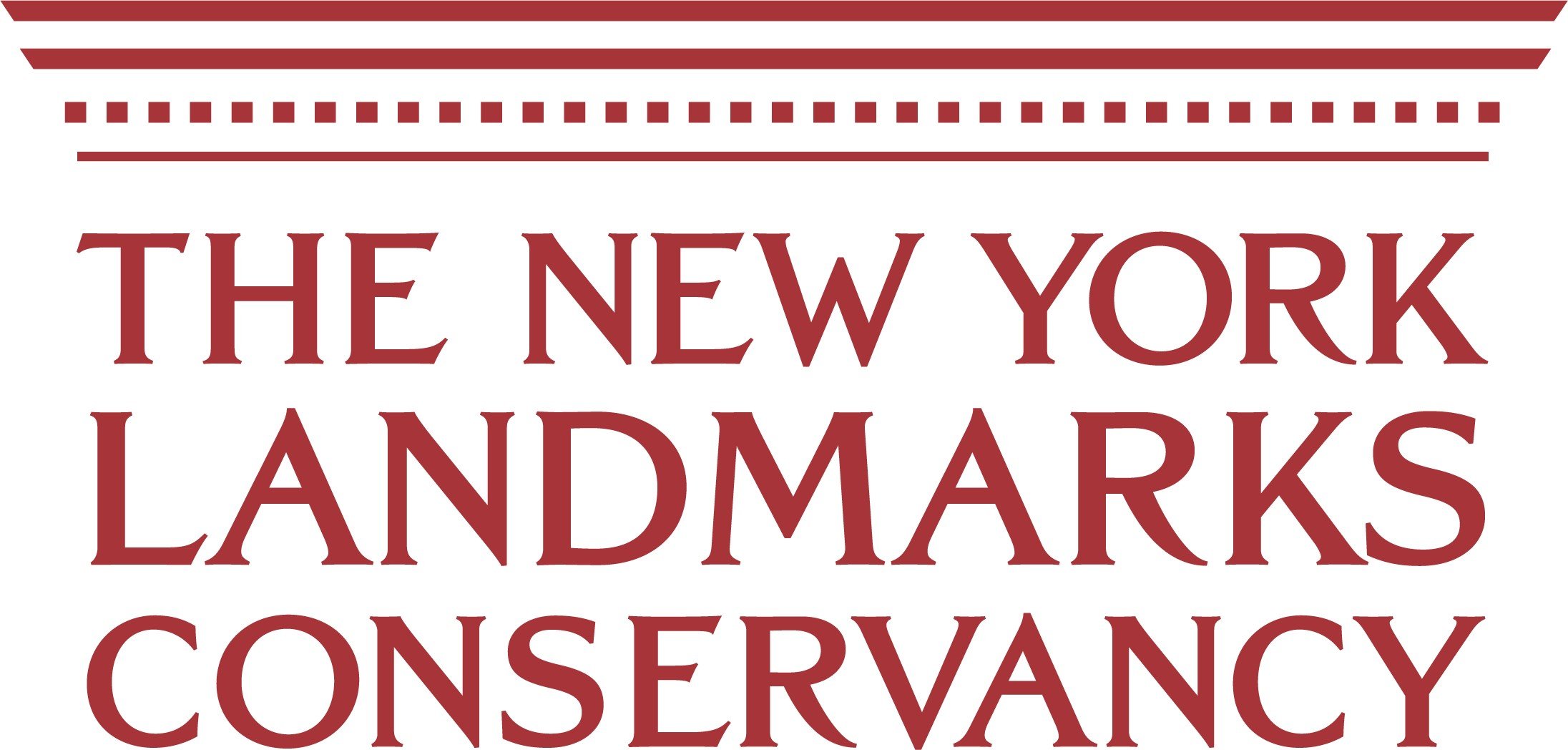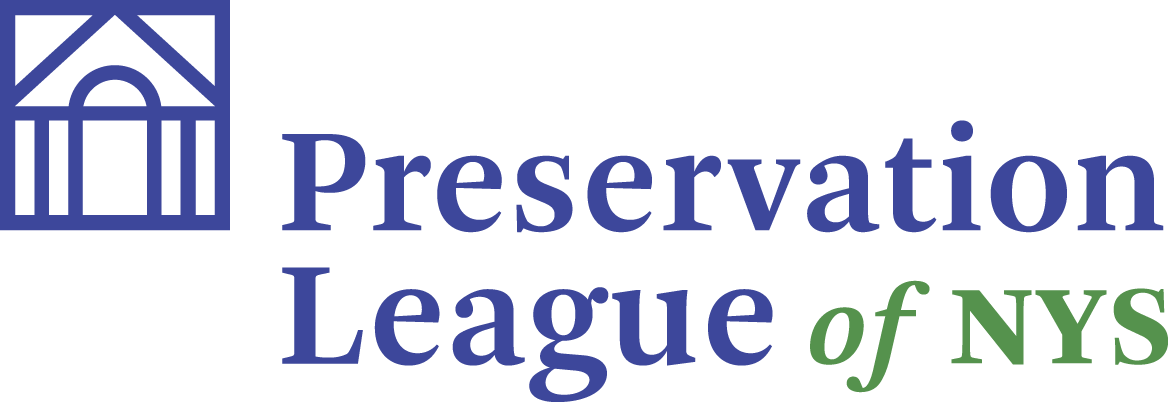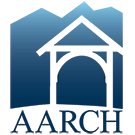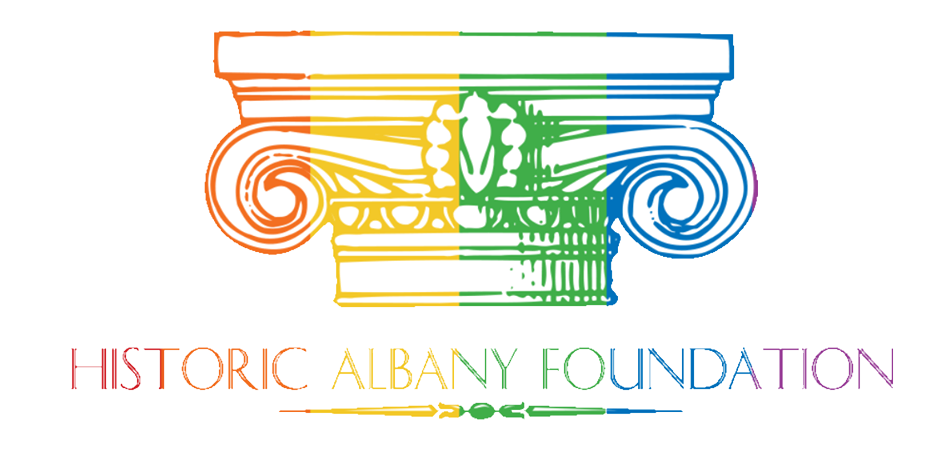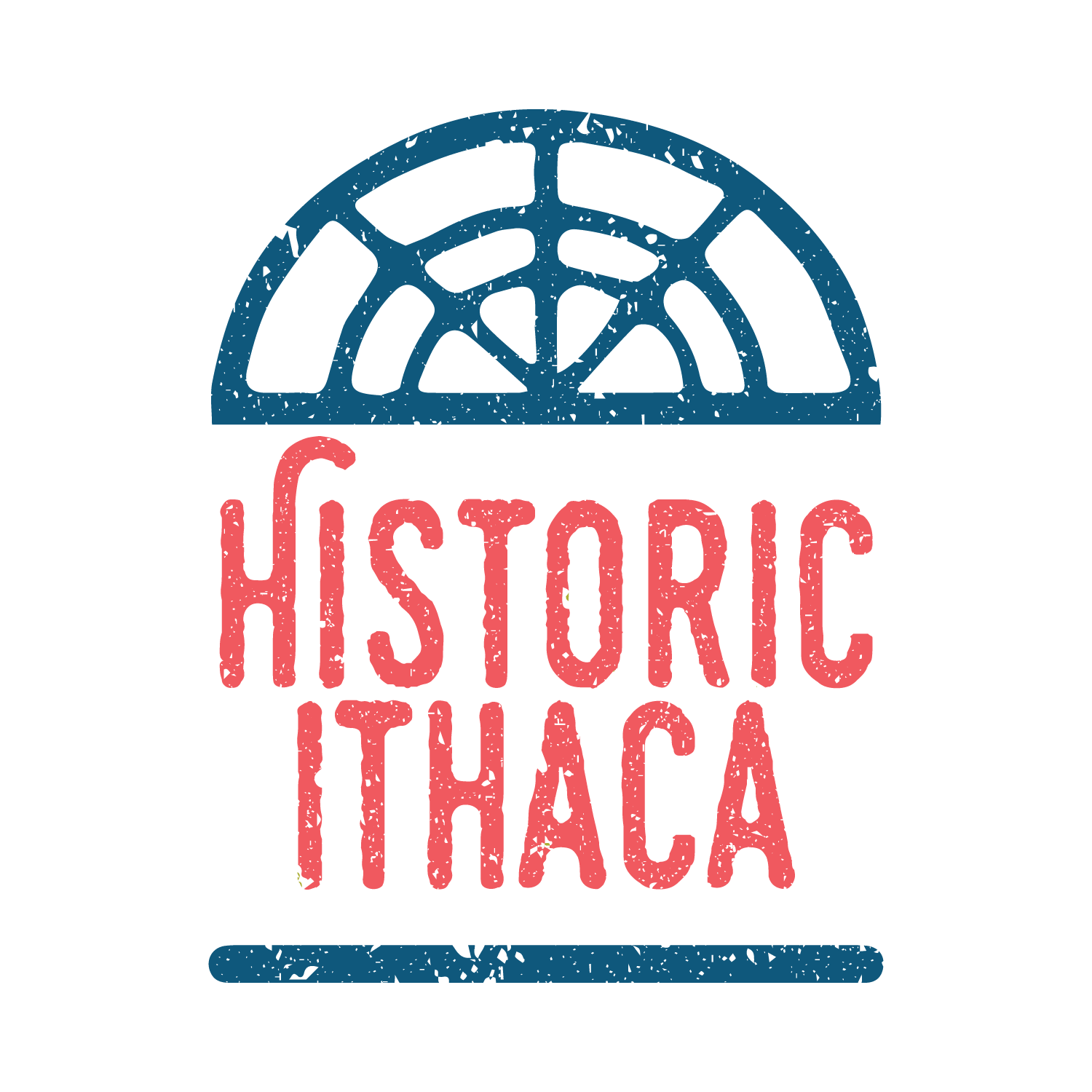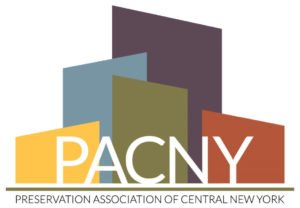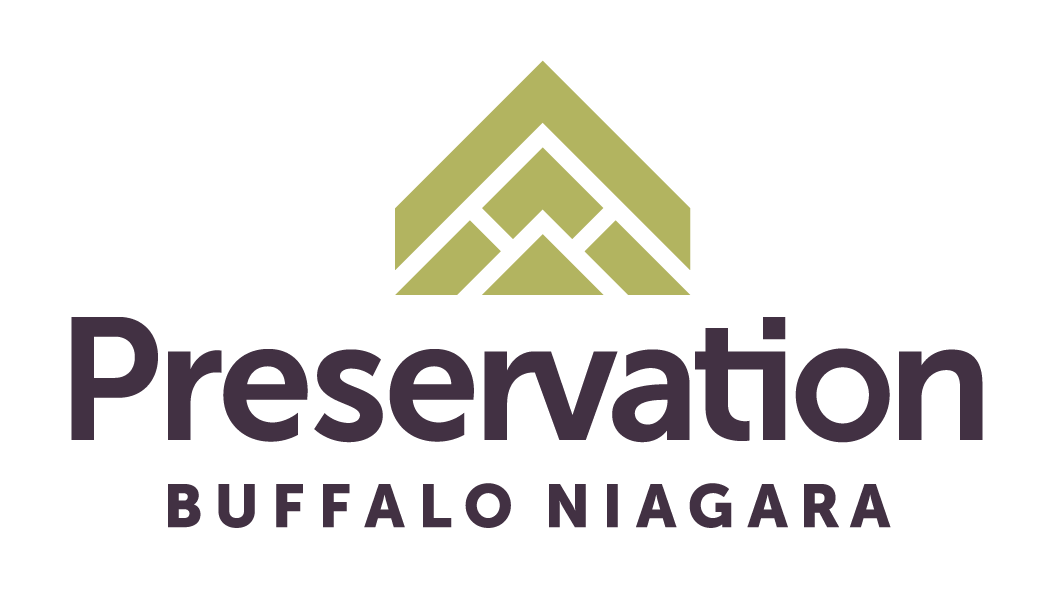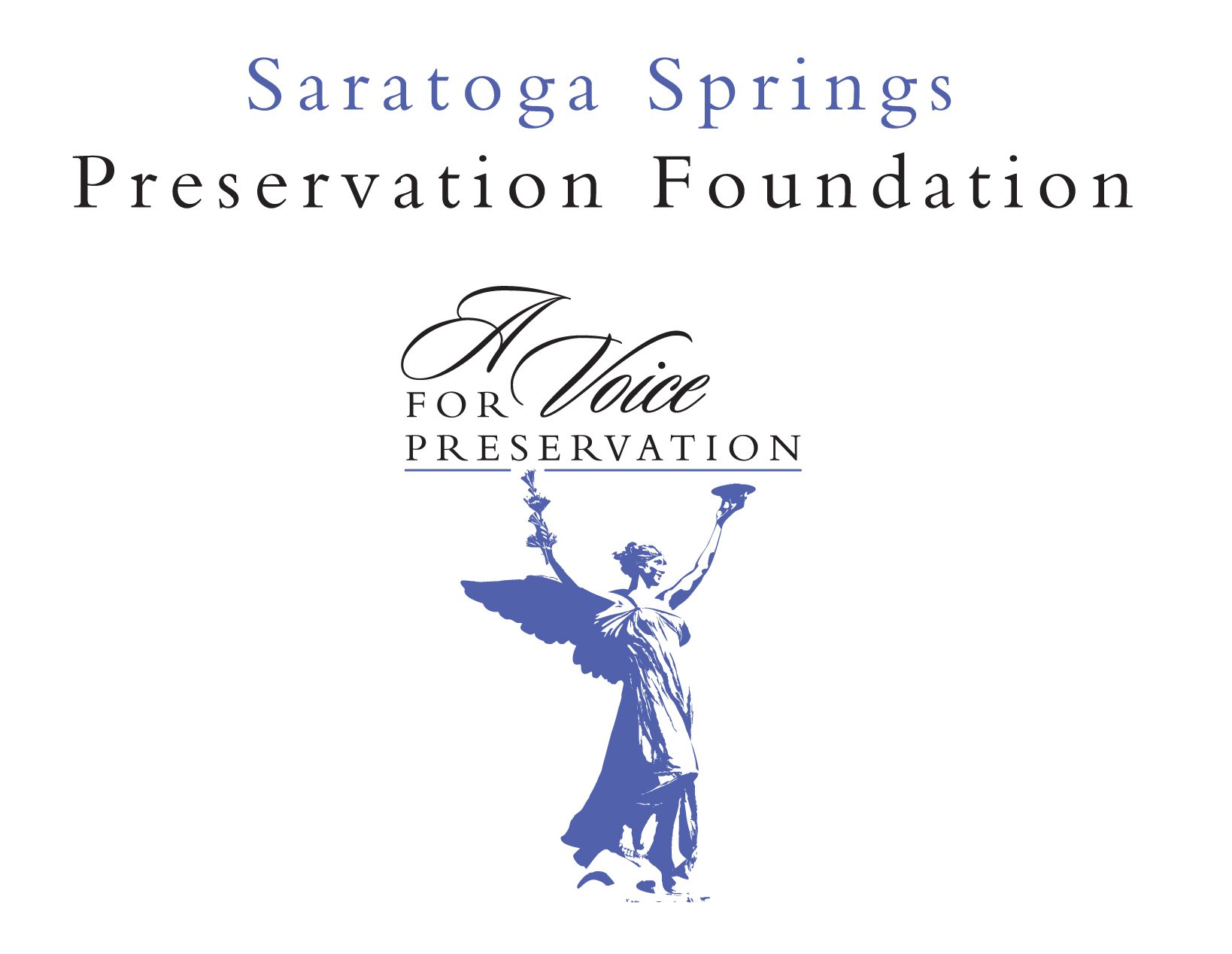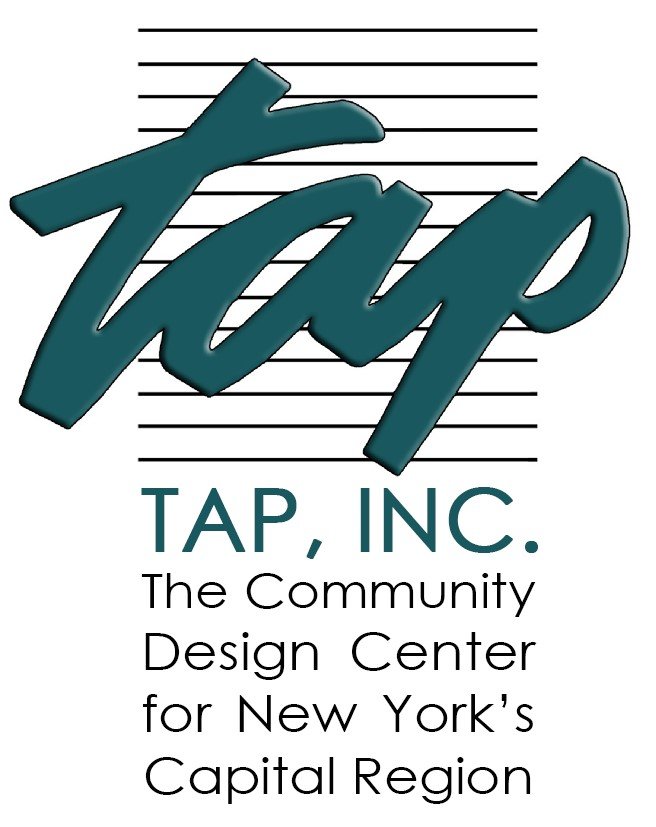Historic Preservation Fund Gutted
These funds are vital to the preservation that happens every day in New York State. Unfortunately, FY 2025 funds have not been released to SHPOs, THPOs, and competitive grant programs under the HPF, leaving offices short of funds and preservation projects stalled, despite being appropriated by Congress. In addition, the President’s proposed budget seeks to eliminate the HPF almost entirely. This is a complete abandonment of states who are tasked with implementing important parts of the National Historic Preservation Act. This is in addition to cuts and staff reductions at the National Park Service itself.
Please reach out directly to your members of Congress and tell them that we need to release FY 2025 funds for SHPOs, THPOs and competitive grants, and ensure a strong appropriation for the Historic Preservation Fund in the FY 2026 budget.
Specific calls to action and how-to’s from Preservation Action:
1.Reach out to your members of Congress and ask them to help facilitate the immediate approval of the FY25 Notice of Funding Opportunity (NOFO) for the Historic Preservation Fund and subsequent review and approval of applications.
These funds are urgently needed to ensure the work of SHPOs and THPOs continues to aid in the preservation of our nation’s heritage
Without prompt funding State and Tribes will be forced to eliminate federally-required staff – jeopardizing billions in investment
Share the Historic Preservation Under Threat one-pagers with your members of Congress and let them know how these funding delays are impacting your state and community! This is especially important if your members are on the House or Senate Appropriations Committee.
If you have personal contact in your Representative or Senator’s office, reach out to them directly. If you need any help finding staff contacts, feel free to reach out to Rob Naylor at Preservation Action (rnaylor@preservationaction.org).
2.Ask your Representatives to sign onto the FY26 House Historic Preservation Fund Dear Colleague Letter. This bipartisan letter is being circulated by Rep. Mike Turner (R-OH) and Rep. Teresa Leger Ferrnandez (D-NM), and requests $225 million for the HPF – the same amount advocated for during Advocacy Week. The deadline for signatures is COB Thursday, May 15.
Offices can sign-on by using the internal Quill link (this is for internal House use only) or by reaching out to Clare Pavell at Clare.Pavell@mail.house.gov in Rep. Turner’s office or Mark Zientek at Mark.Zientek@mail.house.gov in Rep. Leger Fernandez’s office.
Review the FY26 House HPF Dear Colleague Letter and learn more here. Stay tuned for more details coming soon on a Senate letter.
Check out our action campaign to easily personalize and send a letter to your Representative today!
The Historic Preservation Fund (HPF), funded by Outer Continental Shelf oil and gas lease revenues, provides financial assistance to states, tribes, territories, local governments, and nonprofits. HPF grants are awarded annually to State Historic Preservation Offices based on an apportionment formula for their work in fulfilling their responsibilities under the National Historic Preservation Act of 1966 and includes a 10% pass-through of HPF grant funds to directly support local preservation projects and provide preservation training and guidance. This includes the administration of the Certified Local Governments Program (CLG), survey and inventory of historic resources, preparing National Register nominations, review and compliance under Section 106, and administering the preservation tax credit program. In New York, this Federal appropriation is around $1.7 million, the third-highest operational grant in the nation.
In addition to annual formula grants given to states, the HPF has also funded competitive grant programs including, African American Civil Rights Grants, Save Americas Treasures Grants, Paul Bruhn Historic Revitalization Grants, Underrepresented Communities Grants, and others.
Important Changes to the NYS Historic Tax Credit Program
We want to thank Governor Kathy Hochul and the NYS Legislature for their leadership in making important improvements to the NYS Rehabilitation Tax Credit Program during the creation of the FY2026 budget. Sentor Brian Kavanagh and Assemblymember Carrie Woerner championed the legislation in their respective houses. These changes make the historic tax credit an even more powerful tool for the creation of affordable housing and community revitalization in New York State.
Specifically, the new legislation makes two important changes to the program.
1. Allows for transfer of the NYS Historic Tax Credit. This will increase the pool of eligible tax credit investors and thereby increase the value of the credits, meaning more money for projects.
2. Removes the current requirement that tax credit projects must be in a census tract at or below the state median family income if the project creates affordable housing. This further strengthens the indispensable role that preservation plays in providing housing.
Special thanks to our colleagues and to the NYS Association for Affordable Housing for their partnership in advocating for this program!
Co-Sponsors Needed for HTC-GO
The updated language for the Historic Tax Credit Growth and Opportunity Act [HTC-GO (H.R. 2941/S. 1459)] has been introduced in Congress and the proposed changes would be a tremendous improvement over the current program. Co-sponsored by Representative Tom Suozzi (D-NY 3) in the House, the legislation would add more muscle to the program in smaller, rural communities, make rehab credits available to more projects, incentivize housing development and increase the value of the credit to investors overall.
Our national partners at Preservation Action are asking all of us to encourage our representatives in Congress to sign on as co-sponsors of this important legislation. This is all happening very quickly, so your outreach is important now.
Here is an HTC-GO Fact Sheet put together by Preservation Action with more information on the bill that you can share with offices as well as their Action Alert.




